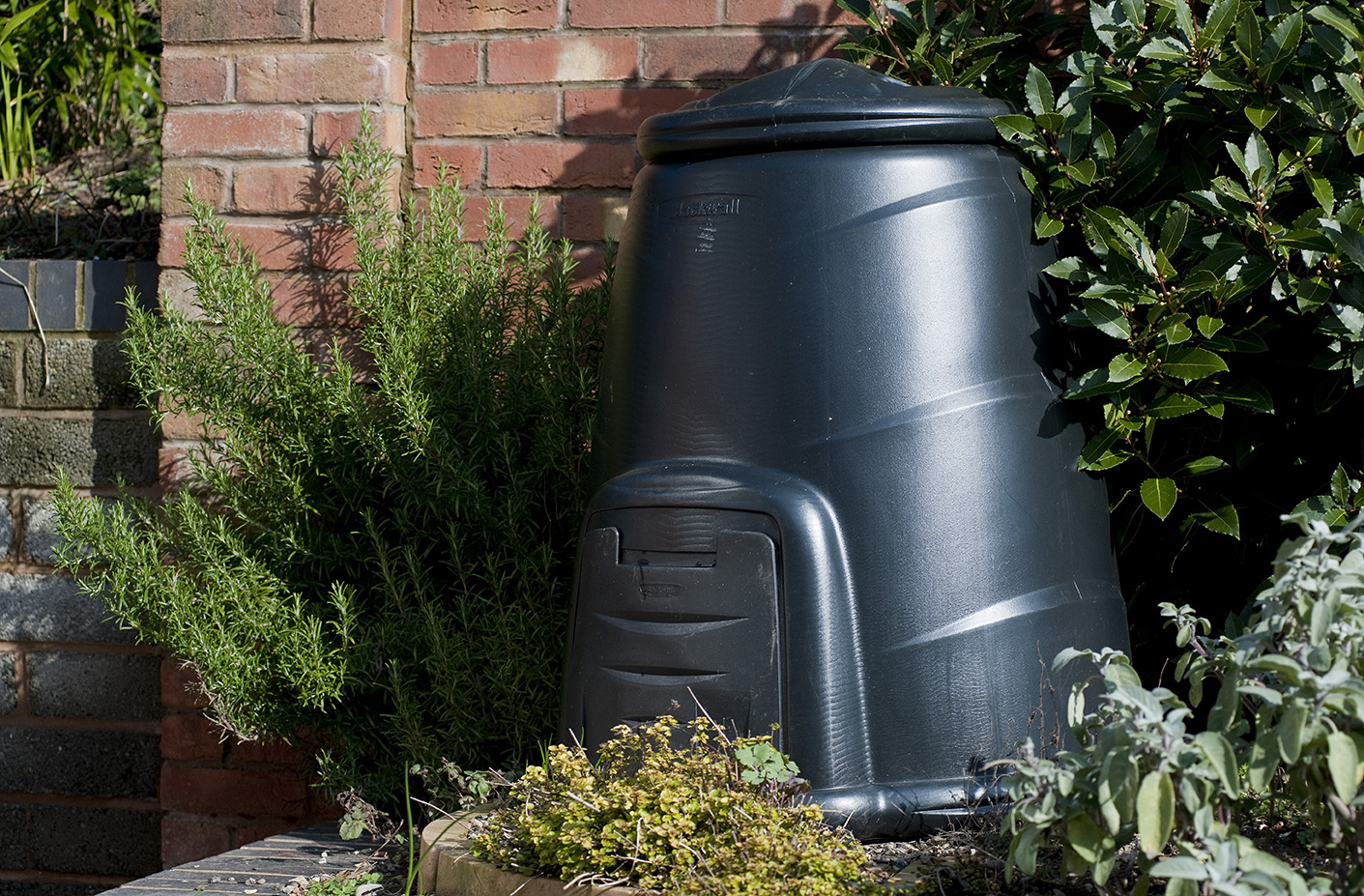Reduce and reuse

Together we can do even more to reduce, reuse and recycle. Whether you use reusable shopping bags, compost at home or buy products with less packaging.
Quick links
There are many ways of reducing the amount of waste we produce and the energy we consume.
It’s estimated that up to 90 per cent of what we throw away is recoverable and could be used for something else. The best way to deal with waste is by not producing it at all. There are many ways of reducing the amount of waste we produce and the energy we consume.
The three R’s
All of our efforts to cut waste are based on the principle of the ‘three Rs’ - reduce, reuse and recycle - landfilling should always be the last option.
- Reduce: minimising waste is the most important strategy in waste management - you can achieve this by buying less and using less. Why not try home composting or reusable nappies?
- Reuse: an item’s life should be extended by using it and reusing it as much as possible - donate your unwanted items to give them a new lease of life.
- Recycling: items are converted into new products - use your orange bag recycling service or visit one of our recycling centres.
Before you throw away an item, you might want to consider donating it. Our Reuse Shop at Gypsum Close accepts a huge range of items and is convenient if you’re making your way to the Recycling Centre at the same time.
There are also a large number of charity shops across the city that will happily receive a range of second-hand items.
We’ve teamed up with British Heart Foundation to bring the charity’s Pack for Good reuse bank scheme to the city’s most popular student areas.
Open to students and other residents, the banks accept a range of household items including clothes, kitchen and other household items, small electronics, books, video games and DVDs.
Items collected via our bulky waste service cannot be sorted for reuse, so please consider using an alternative service to give good quality items a new home:
• Leicestershire ReUse Network is a network of charities working together to find new homes for good quality furniture, homeware and appliances that are no longer wanted (free collection available).
• The Reuse Shop at Gypsum Close Recycling Centre run by Age UK Leicester Shire and Rutland accepts donations of small items including furniture and electricals but doesn’t have a collection service.
Every year around 350,000 tonnes of unwanted clothes go to landfill in the UK. This has a significant environmental impact and there is no reason unwanted clothing should end up in landfill.There are lots of actions you can take to reduce the impact your clothes have on the environment:
- If possible, buy clothes that are better made. They will last longer and often be easier to care for.
- Consider pre-loved or vintage clothes and get a new look at a fraction of the cost of new.
- Maybe you don’t need to buy at all – you could hire or swap clothing instead.
- Care for your clothes. By washing, drying, and storing clothes the right way, your clothes will look great for longer.
- Learn to make simple repairs to your clothes.
- Refashion and upcycle. Give your old clothes a fresh look or new lease of life by altering them, accessorising or combining clothes in new ways. There is plenty of inspiration to be found online, or you could join a sewing or upcycling class and learn some new skills.
- If you have simply fallen out of love with your old clothes, please dispose of them responsibly. You could donate them to charity or a friend, sell them or recycle them via a textile bank.
For a list of local textile recycling banks visit Recycle Now.
70% of the food that is wasted in the UK is wasted by citizens in their own homes. That’s 4.5 million tonnes of food that could have been eaten being thrown away every year.
The Love Food Hate Waste campaign provides tips and advice to help us waste less food, and recipes for leftovers. For further information visit the Love Food Hate Waste website.
Wasting food costs the average family with children around £720 a year, or £60 a month, and has serious environmental implications too. If we all stop wasting food that could have been eaten, the CO2 impact would be the equivalent of taking one in five cars off the road.
If you have a baby, using cloth nappies can significantly reduce your waste and save money. There are lending libraries and a fast-growing market for second-hand nappies, making it more accessible and affordable than ever. Our reusable nappies page has more information.